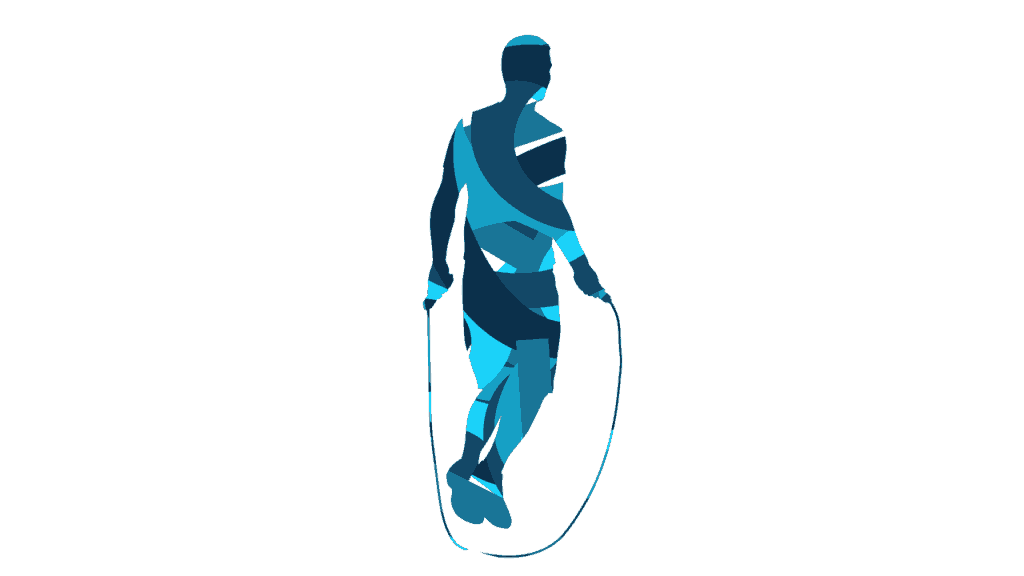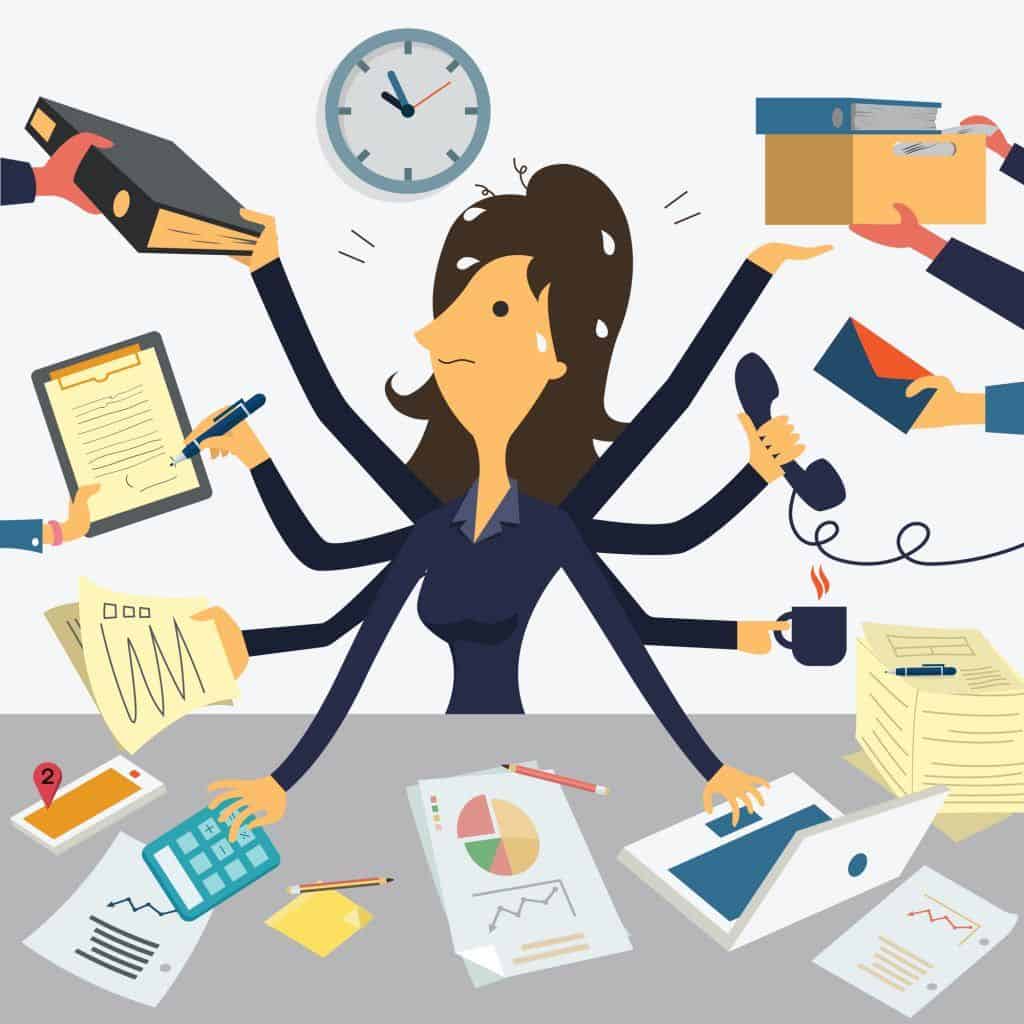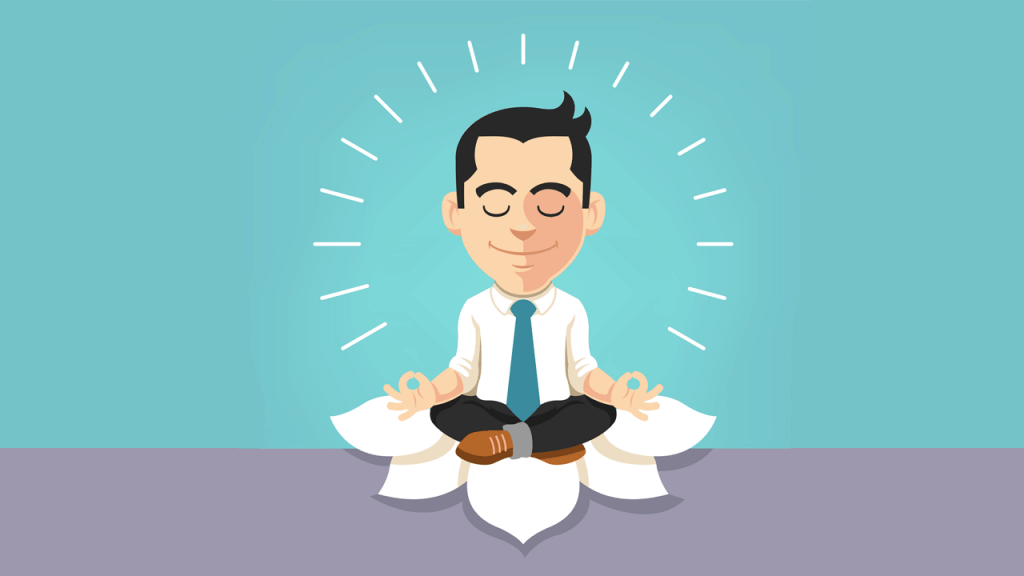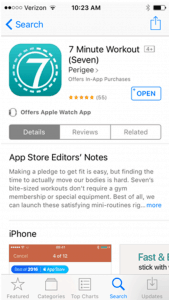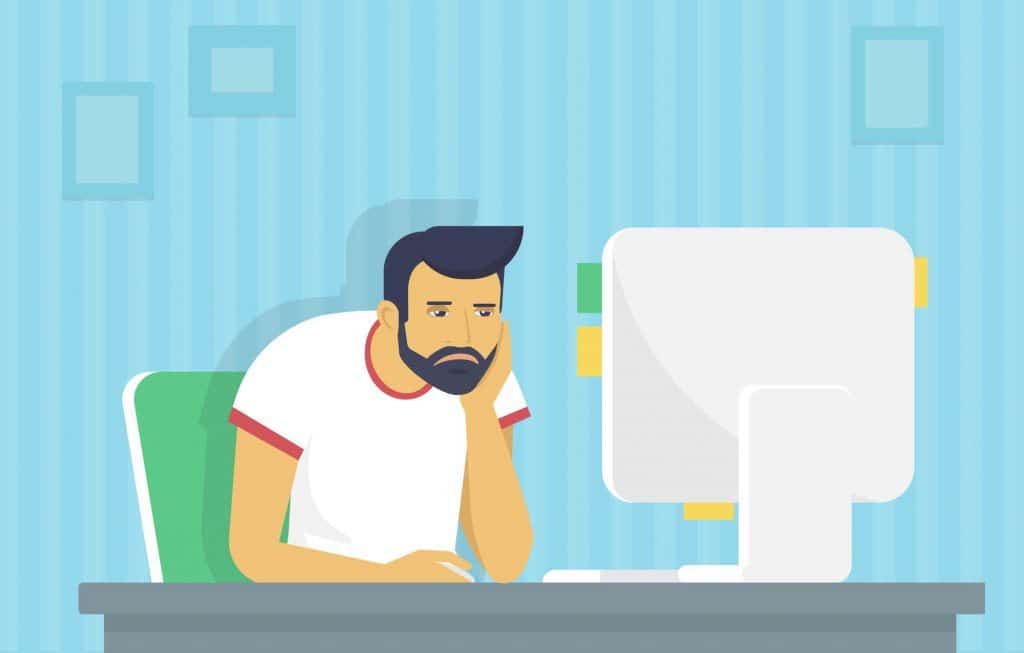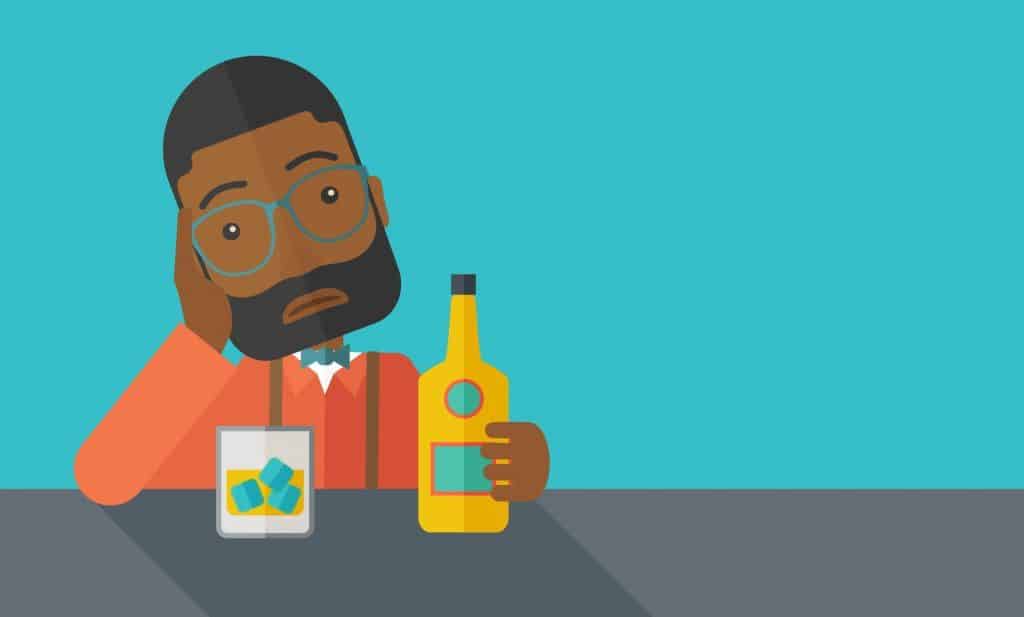You’re in your twenties and you’ve never had a girlfriend. I get it. I can’t throw women in your path, but I can tell you why it’s so important to you and how you can get better control over your life, so that you’re either ready for a relationship or to live happily on your own.
I’ve been a subscriber to the Simple Programmer YouTube channel for over six months. I’m a mechanical engineer, but a lot of John’s content is applicable to anyone in any walk of life, and he’s had a strong influence on my views, attitude, and overall outlook.
Dating, love, and becoming a better man are some of the topics Simple Programmer creates content on, including how to start a relationship.
Even with all the great advice, getting a girlfriend is something you don’t have full control over because it takes both people to consent to having a relationship together. Even if you’re great relationship material, it still may not happen because of factors beyond your control.
With that in mind, I’d like to address why I think guys in our situation want a girlfriend so badly and things you can do to help make a relationship happen and/or to live happily without one.
We usually want girlfriends for a few, basic reasons: validation (you’re such a great guy), emotional relief (affection as comfort), expectations set on us by society (shouldn’t you have a girlfriend by now?), and external pressures set on us by media and well-meaning family and friends (I just want you to meet someone nice).
Or, you’re just really pent up.
All these reasons have one root cause: poor control over yourself and your life. A lack of control over yourself creates a sense of neediness in you; you need a girlfriend to improve your life since you’re unable to improve it yourself.
I didn’t want to say you lack self-control, because that may have brought back kindergarten memories of timeouts, high chairs, and standing in the corner of the room. What I mean is a lack of control over your energy.
Your energy is made up of four parts.
Physical energy is your physical health and ability. It determines if you can walk up a flight of stairs without getting winded, how quickly you recover from injury or intense exercise, how easily you get sick, etc.
Mental energy is your mental and cognitive ability. It determines your ability to concentrate, memorize information, and apply your knowledge to solving problems and accomplishing difficult tasks.
Emotional energy consists of your thoughts, feelings, attitude, and mood. It is heavily influenced by physical and mental energy, as well as the people in your life.
Spiritual energy is your overall outlook, the meaning and direction of your life, and your overall view of yourself. It strongly influences the other three energies.
Therefore, the solution to creating a more self-reliant you is to start practicing better energy control and thereby gain control over your life.
Energy control is more of a mindset, not an actual hard science or health plan. But I still consider it the single most influential thing you can do to promote wellness, self-confidence, and self-assurance.
Principles of Energy Control
Energy control requires a balancing act between heavy use and sufficient, not excessive, rest. You go all out, you rest and recover, and your energy returns more abundantly than before.
Human beings evolved to behave this way: bouts of intense, all-out activity followed by idle rest. Think back to prehistoric times. Human beings were generally idle and at rest whenever possible, with bursts of intense activity when running away from a predatory animal, hunting, or fighting a rival tribe.
Energy is lowered both when it’s used too much and when it’s not used enough. For example, exercising too much will make you tired and weak, but so will exercising too little.
If one of the four energies is low, it’ll lower the other three; you can’t concentrate effectively or be in a good mood if you’re sick. If you can’t concentrate, you won’t be able to physically perform at your best or overcome feelings of negativity.
However, increasing one of your energies won’t necessarily raise the others; becoming strong, healthy, and athletic doesn’t necessarily mean your mental sharpness or emotional resilience will increase with it. You need to work to individually boost all four of your energies.
Resting to Regain Energy
Sleep. The quantity of time slept is not nearly as important as the quality; four hours of quality sleep is better than eight hours of poor sleep. Maximizing sleep quality requires a few things:
- The right temperature. The ideal sleep temperature is between 70-75 degrees Fahrenheit.
- Sleeping in light, breathable fabric. You could also opt to sleep naked. I personally sleep shirtless.
- Absolute darkness. It may take some getting used to, but absolute darkness is the best condition to sleep in. Put up blackout curtains in front of your bedroom windows.
- Silence. Make your sleeping environment as quiet as possible. Wear earplugs if necessary.
Learn to rest intermittently as much as possible during idle moments like waiting for a file to download, waiting for class to start, waiting in line at a food stand, etc.
Rest by slowing your breathing. Breathing in for two seconds, hold for two seconds, then breathe out. Relax your whole body, especially the muscles of your back, neck, stomach, and shoulders, but don’t let yourself fall if you’re standing. Quiet your mind: don’t think about anything, but don’t put any effort into suppressing your thoughts. If a thought enters your mind, relax and let it fade away. Don’t commit any effort to it.
Stress
People allow their stress to destroy them. Stress is a natural human response to dangerous situations. In the prehistoric period, you experienced stress when a saber-toothed tiger wants to make you its dinner, or when you’re in a life-or-death struggle with a rival tribesman; it’s your flight-or-fight response. Once you’re able to resolve the dangerous situation (escape from or kill the saber-toothed tiger; defeat the rival tribesman), your body relaxes; heavy use is followed by rest.
The problem is that you experience this same flight-or-fight response even during non-life-threatening situations. You hit traffic and you’re going to be late for work, your alarm didn’t go off, you have a project deadline in less than 24 hours, and you have 48 hours’ worth of work left to do, etc. People don’t properly use the energy they gain from the stress, and the energy festers within them. It’s like a pipe that has too much air pressure built up and is about to burst.
Imagine any stress or frustration you’re feeling as a concentrated ball of energy located at your center. Most people let this energy build up pressure. They expend valuable willpower to suppress this energy and let it writhe within them. Suppressed energy can easily become toxic and harm you.
Instead, you’re going to use this energy and make it work for you. As you breathe, imagine the energy circulating and spreading throughout your whole body, powering and energizing you.
Use this newfound energy to accomplish your goals: go to the gym and lift like a madman, put on some boxing gloves and wail on a heavy bag, or complete your work with absolute focus and commitment. Once you’ve expended all of your energy, rest to regain it — heavy use is followed by sufficient rest.
Physical Energy
Physical energy is controlled through diet and exercise.
For boosting physical energy, exactly what you eat and when you eat it isn’t too important. Most people have a reasonable idea of what’s good and bad for them. You know that eating McDonald’s every day isn’t good for you. I encourage experimentation to figure out what works best for you and to follow your common sense.
There’s the camp that supports eating six small meals throughout the day, and there’s the camp that supports only eating one large meal a day, and everything in-between. This isn’t too important either.
The only important aspect of diet is to not eat too much. To prevent overeating, eat slowly and stop once you’re satisfied. Don’t feel the need to continue eating just to finish everything in front of you. It’s better to throw away remaining food or save it for later than to gorge yourself.
I recommend restricting coffee to one to two cups a day and to drink all of it before midday. Otherwise, your returns will start to diminish, and you won’t be able to adequately rest and sleep well that night.
Exercise is the main method of expending physical energy. Push yourself hard during exercise sessions, and rest sufficiently between sessions to boost your physical energy.
I recommend weightlifting to accomplish this because of its simplicity and effectiveness. Bodyweight exercises are comparatively complex and tricky to increase difficulty, especially for beginners.
Competitive athletes can go through Central Nervous System (CNS) fatigue if they train too hard without enough rest. They feel weakness, muscle and joint soreness, headaches, exhaustion, and illness.
They also feel their mental and emotional energy suffer and can experience depression, moodiness and irritability, loss of enthusiasm, and the inability to focus or memorize effectively.
CNS fatigue is actually a good thing because you’ve accomplished the heavy use part of energy cultivation. Next step is to rest. Take about a week off from any training and follow my resting instructions. Your physical energy will build back up stronger than before, and your mental and emotional energy will be restored as well.
For beginners’ weightlifting regimens, check out Stronglifts 5×5 and Mark Rippetoe’s Starting Strength.
Mental Energy
Mental energy is cultivated through regularly performing tasks requiring concentration, memorization, and the application of knowledge toward solving problems, then allowing for proper rest.
Programmers and software developers generally have intellectually demanding lifestyles, so working hard and committing yourself at your job will be enough to exercise your mental energy. College students should focus on studying, doing homework, completing projects, joining clubs and organizations that can give them marketable credentials and skills, and looking for internships/full-time jobs, if they don’t have one already.
Reading books is another great mental energy training method. Articles on the internet are written with readability in mind. They have short sentences and paragraphs and heavily use bolding and/or colored font. Books have little to none of these readability techniques, making them more mentally demanding to read.
If you own a smartphone, there are free jigsaw puzzle apps available for download. Solving jigsaw puzzles is a great way to exercise mental energy.
Try reading for 30 to 60 minutes and solving one jigsaw puzzle a day.
Mental Rest and Burnout
Now, you may not want to hear this, but using your phone, watching TV or YouTube videos, and browsing social media is NOT rest. Those activities still take a degree of mental effort, and it creates the illusion of work in your mind. You’re not adequately resting and regaining mental energy.
The best way to rest and regain mental energy specifically is to not use electronic devices and do very brief exercise, as well as follow my resting instructions. Unlike with physical energy, the purpose of exercise in this case is to boost mental energy. Human beings evolved to associate physical movement with a need for alertness and awareness. During prehistoric times, humans were idle and at rest whenever possible. They only moved when they had to run away from a predatory animal, hunt, or fight someone. Movement = greater mental energy.
Brief, mildly intense exercise like jogging in place, doing some jumping jacks, and stretching will be enough movement to regain mental energy; there’s no need to physically push yourself beyond this. There are also free downloadable mobile apps for brief seven-minute workouts that are great for restoring mental energy. Here’s the one I use:
The result of excessive mental energy use is burnout. If you’re a software developer or CS student, you’ve likely felt burnout. You’re unable to concentrate, memorize, or effectively apply your knowledge to solving the problems in front of you. Burnout also reduces your physical, emotional, and spiritual energy. Just like overdoing it physically, you can experience moodiness and irritability, reduced enthusiasm and motivation, a sense of loss of control or helplessness, and exhaustion.
Just like CNS fatigue, burnout can be a good thing since it accomplishes the heavy use stage of energy cultivation. All you need to do next is rest and rejuvenate your mental energy.
Emotional Energy
Emotional energy consists of positive emotions (such as compassion, vigor, joy, motivation, enthusiasm) and negative emotions (such as rage, jealousy, depression). Positive emotions boost your emotional energy. Negative emotions strain emotional energy, just like how weightlifting strains physical energy and studying or reading strain mental energy. Emotional energy is boosted from enduring and overcoming negative emotions and intentionally bringing out positive emotions.
Emotional energy control is built on:
- How your life is going: You might be in a great relationship, or you might have just gone through a breakup. You might have just landed your dream job, or maybe you’ve been unable to find a job for a year.
- Your physical and mental wellness.
- The people surrounding you.
You may not have absolute control over the first part. So, you should focus on the second and third parts as much as possible.
Fostering physical wellness (rigorous exercise, eating correctly), having mentally engaging hobbies (reading books, solving jigsaw puzzles), and proper rest can significantly improve your emotional energy by fostering positive emotions and diminishing negative ones. It also strengthens your ability to overcome negative emotions and bring out positive ones.
You should also become friends with the right people. The people surrounding you can heavily influence whether you regain emotional energy or expend it. Would you rather be friends with someone like John, or someone who looks and acts like they’re suffering from lifetime constipation? Who’s more likely to make you feel better after a five-minute conversation? Surround yourself with people who help foster positive emotions and motivation in you.
“But you are the average of the five people you associate with most, so do not underestimate the effects of your pessimistic, unambitious, or disorganized friends. If someone isn't making you stronger, they're making you weaker.”
― Timothy Ferriss, The 4-Hour Workweek
Spiritual Energy
For boosting energy, spiritual energy is the overall direction, purpose, and control you have over your life. A lack of direction, purpose, and control lowers spiritual energy. A clearly defined purpose and control over your life boosts spiritual energy.
Your direction and purpose could be to become an entrepreneur, create the next big mobile app game, become the best in the world at something, become a published author, or to provide the best possible life for your family.
I can’t tell you what your direction and purpose should be. This is something only you can decide for yourself, and it’ll be one of the most important decisions you’ll ever make. I can tell you that once you’ve found your direction, your overall energy will become much higher. You’ll feel stronger, your mind will sharpen, you’ll experience more positive emotions, you’ll be more motivated, and you’ll gain a greater sense of control over your life.
Unbridled Energy
Remember the last reason I gave about why you might want a girlfriend? You’re just too pent up? That seemingly unbearable tension and energy can lead to great accomplishments and creations if you can learn to channel that unbridled energy and use it productively. Don’t just suppress it or sit around doing nothing while it writhes within you.
I would go as far as asserting that, to an extent, everything that any man in any culture has accomplished or created throughout human history, like creating works of art or building civilizations, was borne out of channeling that unbridled sexual energy productively. This is why the coaches and trainers of elite athletes forbid sex in the days and weeks leading up to a major competition. This energy is a gift.
Final Words
In my view, feeling bad for not having a girlfriend is a symptom of a bigger problem: a lack of control over yourself and your life. You develop control over yourself and your life by first learning to control your energy.
Energy is controlled and built through heavy use followed by sufficient rest. Your energy has four parts.
Physical energy is built by avoiding excess eating and recovering from intense exercise.
Mental energy is built from regularly performing tasks that require concentration, memorization, and applying knowledge to solving problems, such as reading books or solving puzzles.
Emotional energy is built from enduring and overcoming negative emotions like rage, jealousy, and sadness.
Spiritual energy is built from setting a clearly defined purpose or direction for your life.
I strongly believe gaining control over your energy is the single most influential thing you can do to become confident, self-assured, happier, and to help make the people in your life happier, too.

